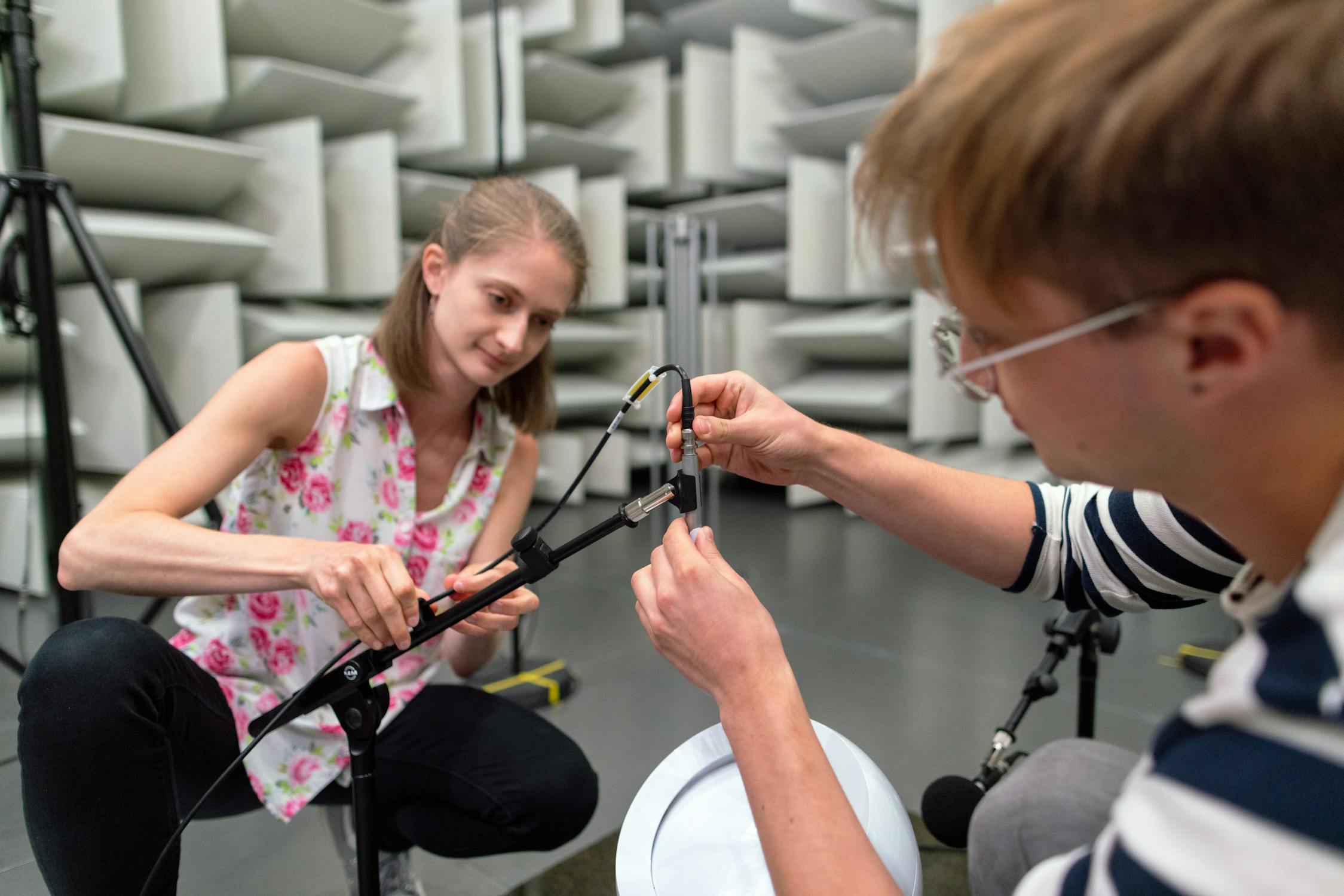What is Audio Engineering?
Introduction
Audio Engineering is the professional skill of working with the mechanics and technologies of sound. The concepts are highlighted in recording, live sound and broadcasting. Engineering is a broad term. It is more technically focused however, crucial in the creative process. As creative multi-media technologies become more accessible in outlets like gaming, video or music making, so to rises the need for quality sound.

In the classic days of recording and live production, a highly technical level of experience and knowledge was required to manage this role. The technology at the time was very expensive as there was purely hardware available. If you once asked someone “how to get started working with sound”, most would tell you it was difficult to be exposed to the art or to begin without mentorship. Today, pro-audio is accessible to anyone willing to pursue it’s knowledge. Though music technology continuously advances, the original principles remain relevant.
What is an Audio Engineer?
If audio engineering is the skill of working with sound, then the engineer would be the operator behind it putting all of the concepts in motion. Also known as the “sound engineer”. their goal is to bring out the best quality in any performance or recording. Basically, an engineer is a knowledgeable sound ninja.
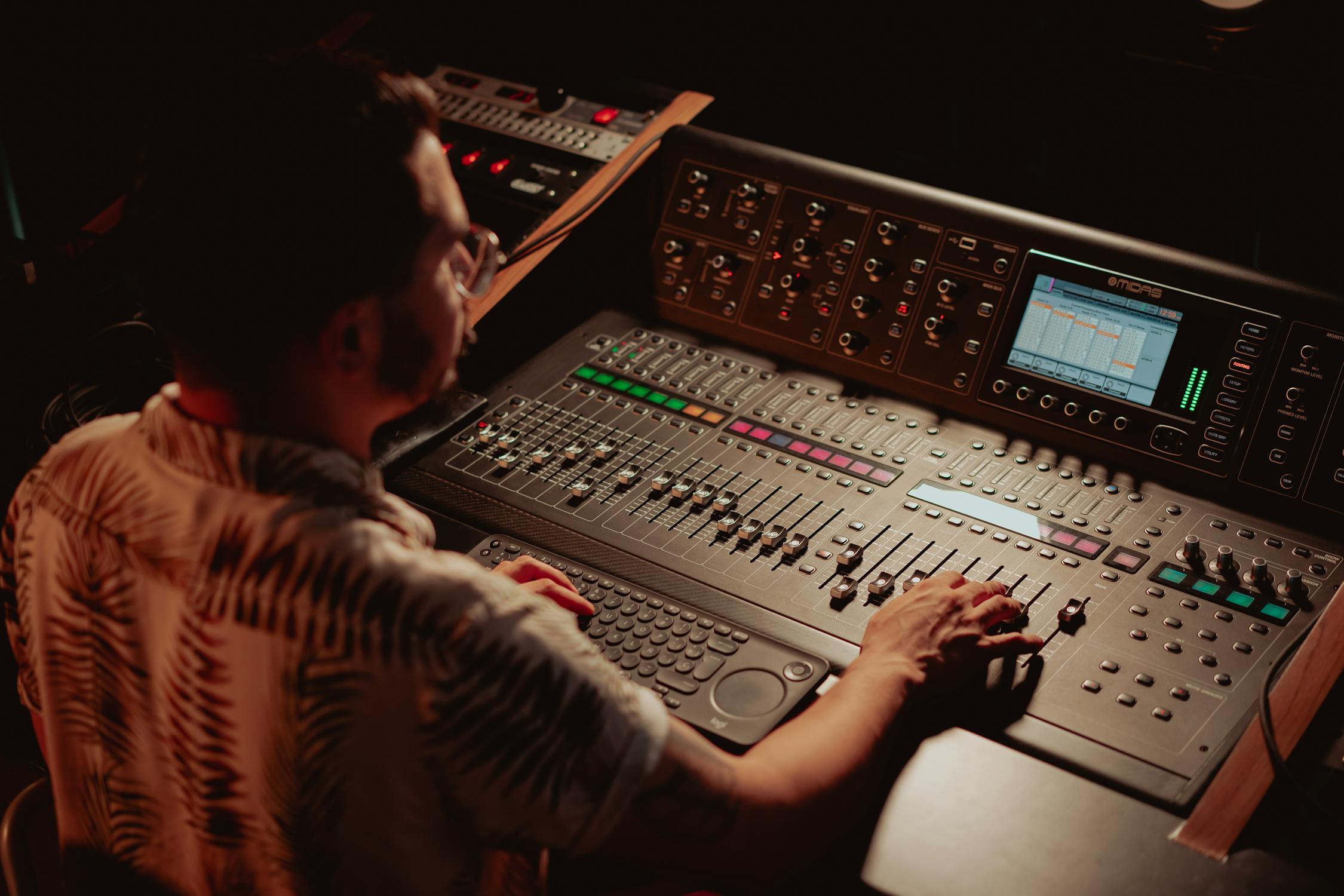
What Does A Sound Engineer Do?
An engineer would be the one to set up the microphones, mixer, speakers and recording devices. Wherever sound needs to be captured, processed or delivered would be in the hands of the engineer. They are aware of how they will work with sound in any environment. They are also highly engaged with the talent to bring out the best performances for a recording.
:max_bytes(150000):strip_icc()/audio-engineer-525988-edit-d77720cce69146cfb79ca6e67e998455.jpg)
Usually working in studios or live sound, they are all-knowing of the ins and outs involved with any environment. They might be working in routine but, many times the job will require them to improvise when working with unfamiliar spaces or gear. An engineer should be confident in problem-solving and troubleshooting in order to find solutions, sometimes in real-time. If they aren’t already familiar with a subject, they would know how to investigate it.

Regardless of location or technologies available, an engineer will know how to configure a space, operate the gear and achieve the highest audio quality. A good engineer can work in small controlled setups like a home studio. A great engineer can operate with (almost) anyone, anywhere or anything!

Types of Audio Engineers?
There are several paths of audio engineering. The title helps distinguish what there active roles are with involvement to sound engineering. Here a few:
- Studio Engineer – Works in recording studios
- Live Engineer – Works in show production
- Mixing Engineer – Focused on mixing for both studio or live
- Mastering Engineer – Preparing the final audio files for distribution
Why Does Engineering Matter?
Setup & Troubleshoot
If you can’t set up properly, you won’t have sound. Should anything not function as expected, you need to confidently find the solution. Sometimes even performing fixes in real-time. The show must go on!
Eventually, you will run into issues and will need to troubleshoot.
If you can’t perform the necessary tasks, someone else will have to be called.
Example: Most home studio producers and musicians have little knowledge of their own setup. They are limited in expanding their own creative spaces. They need to hire someone to build basic studio setups or to explore new workflows.
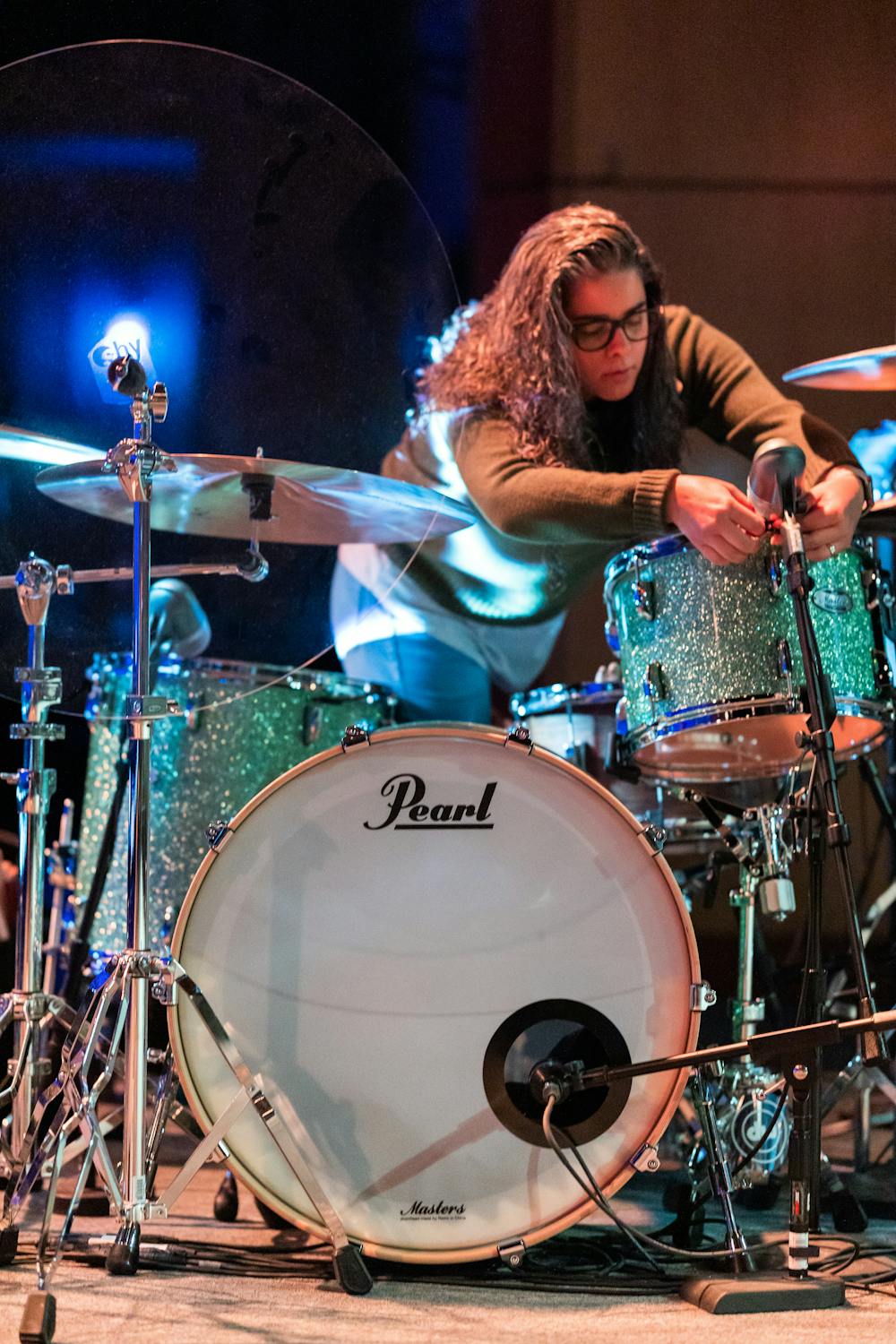
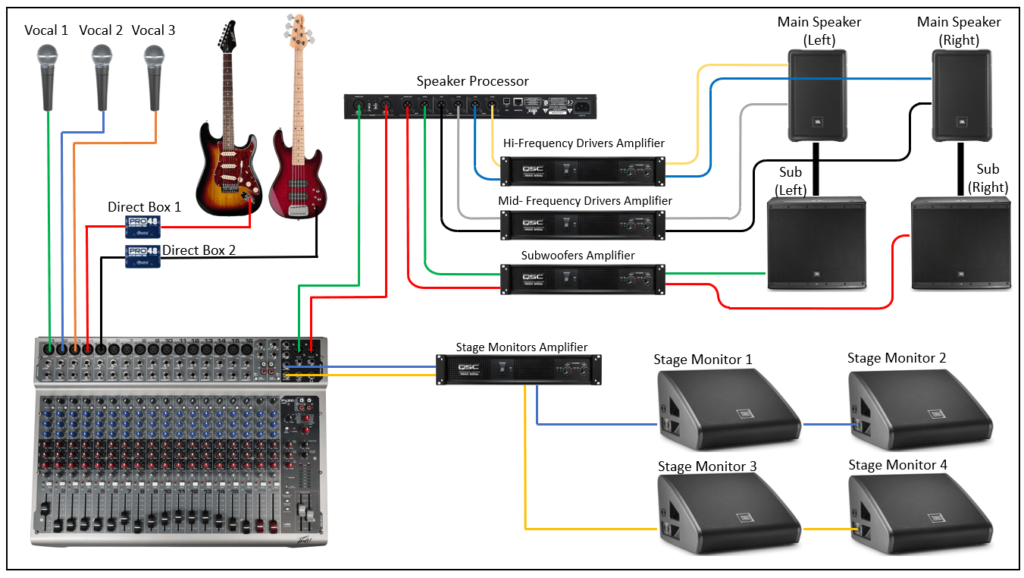
Audio Quality
What is the best microphone to use? Is their clipping in the signal? Questions like these need to be considered. At all stages of a session, the highest audio quality is always desired. Keeping healthy mixing levels, refining the tonality of sounds using audio effects and processors.
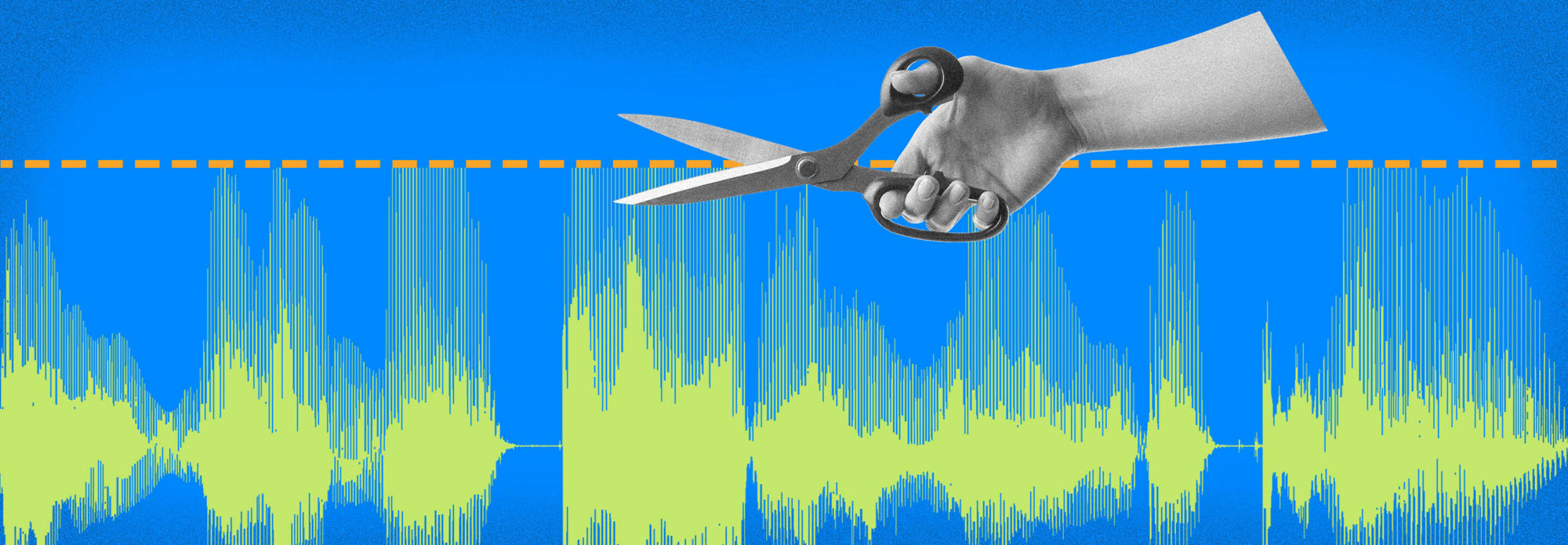
Optimal File Distribution
It’s one thing to have a good mix one your own headphones but, how does it sound being played through different headphones or speakers in different locations? Is the file format correct for streaming? How about gaming?
Understand the process of distributing sound on any targeted platforms (streaming, CD, gamea). Each platform might have different requirements. For example: mobile game sound files tend to be extremely small to reduce download size. A knowledgeable engineer will know how to reduce the file sizes while retaining audio quality.

Professional Projects
If you work in the creative arts you will undoubtedly have projects with requirements for sound. With even just an understanding of the very basics, you will have more independent abilities to capture creative ideas and bring the most out of any project (especially personal projects!). If you don’t work directly with sound but cant COMMUNICATE with those involved in audio, then results will take more time to develop.
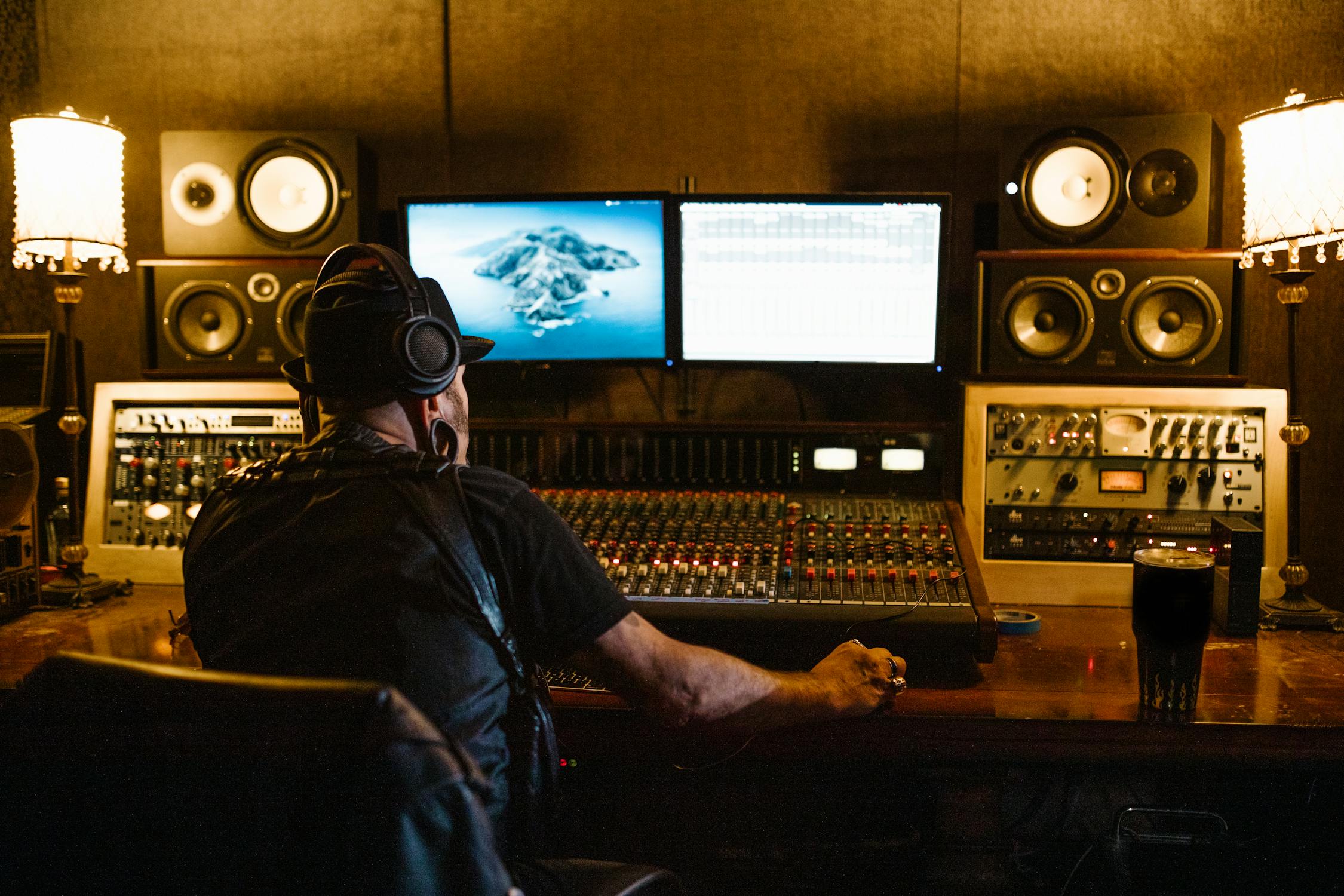
Personal Projects
The idea that anyone can record music even on their phone, they are in engaged in concepts of “engineering”. Without the discipline of core foundational audio, they might be limiting the potential impact of the media they create. Your content might have poor quality when your ideas deserve to shine. About 90% of the time it’s the subtle adjustments that makes the overall difference in achieving the best sound.

Another example: Classically trained musicians and composers have an incredible skills that is lost behind noise of technology. If one should understand how to record their own compositions and understand how to export recordings, they might be able to find placement in game audio etc.
Difference Between Producing And Engineering?
A producer is trying to bring a “vision of what they hear to life” using beat-making tools and rehearsing. They might be working with a mixer, but there is a higher involvement on the creative writing side.
A sound engineer will also be at the mixer; however, their purpose is ensuring healthy signal levels, the performers are audible to an audience as well as managing artist headphone mixes. The level of understanding how to route multiple mixes to multiple destinations displays a high-level degree of knowledge of sound.
Engineering is more technically focused but, can many times offer creative inspiration.

Watch Video
Conclusion
Looking at the role of sound, the technologies and techniques they use, we can see a clear relationship to the workflow of modern home production. The exception is the engineer who is more aware of sound, the technological workflows and how to make the most of the limited gear available to them. With the knowledge, comes better experience and ultimately confidence.

